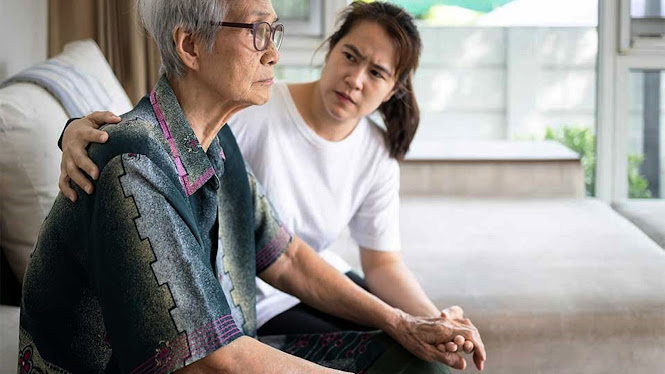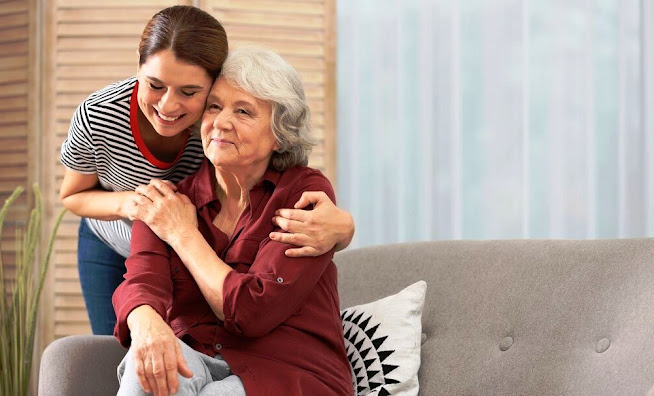How Seniors Can Keep Their Eyes Healthy
The American Optometric Association advises that people over 60 are especially susceptible to eye diseases. Poor vision diminishes a senior's quality of life and compromises their safety. Ultimately, healthy eyesight is crucial to guaranteeing your or a loved one's safety, which is why all adults need to retain clear vision. Home Care Edmonton shares some tips for eyes care:
Have Frequent Eye Tests
Eye tests aren't merely for ensuring that eyeglasses are still working. This vision care for elders is also vital for eye health. A test can detect cataracts or glaucoma. Also, eye exams can detect high blood pressure and diabetes. Optometrists do eye exams. It's vital to notice visual abnormalities or a progressive eye issue so treatment can begin in time.
Eat Right
Four vitamins are essential to senior eye health.
• Vitamin AEvidence suggests that Vitamin C guards against cataracts and Age-Related Macular Degeneration (AMD). Likewise, adequate Vitamin A intake protects the cornea and retina. A healthy vision diet includes plenty of fruits, nuts, vegetables, and whole grains.
Stay Fit
According to the American Academy of Ophthalmology, moderate exercise like walking reduces a senior's eye disease risk by 25%. The AAO also states that a regular workout helps moderate existing vision conditions. Exercise increases blood flow to the retina and optic nerve and reduces pressure inside the eye. Senior needs to work out routinely to realize benefits to their vision and should consult their doctor about a fitness program.
Wear Eye Protection
Eye trauma increases the likelihood of poor eye health in the long term. Seniors with hobbies or jobs that can cause debris or stringent chemicals to enter the eye should wear safety glasses or goggles. Correctly fitting protective eye-wear forms a seal around the eyes and protects the whole eye, not just the front. An ANSI rating on protective eye-wear ensures that the glasses or goggles satisfy OSHA standards.
Wear Sunglasses
Sunglasses protect the eyes from UV rays that contribute to the development of cataracts, macular degeneration, and eye cancers. Sunglasses block dirt and other debris carried in the wind. Wearing shades after eye surgery or injury promotes faster healing. Sunglasses should fit the face without irritating the nose and ears. Buying multiple pairs of sunglasses with different Visible Light Transmission (VLT) values ensures adequate eye protection in all lighting conditions.
Use Computers Wisely
Prolonged computer usage fatigues the eyes, resulting in Digital Eye Strain or Computer Vision Syndrome. Seniors can avoid digital eye strain by following the 20-20-20 rule. Every 20 minutes, look away from the screen and focus on something 20 feet from the monitor for 20 seconds. In addition, seniors who wear corrective lenses should always use them when working with a computer. An eye doctor can recommend lenses to manage computer eye strain.
Get Enough Sleep
Having ocular hypertension means that the pressure inside the eye is too great. Uncontrolled ocular pressure can lead to glaucoma and blindness. Getting at least five hours of sleep at night reduces the stress inside the eye.
Don't Smoke
Smokers develop cataracts at twice the rate of non-smokers. The risk of macular degeneration is four times greater for tobacco users vs. those who don't smoke. Research suggests a link between smoking and other vision-impairing conditions.
Edmonton Home Care services are highly dedicated to the care of seniors. They perform frequent eye exams for their clients because eyes are highly delicate, and negligence is not tolerated.




Comments
Post a Comment